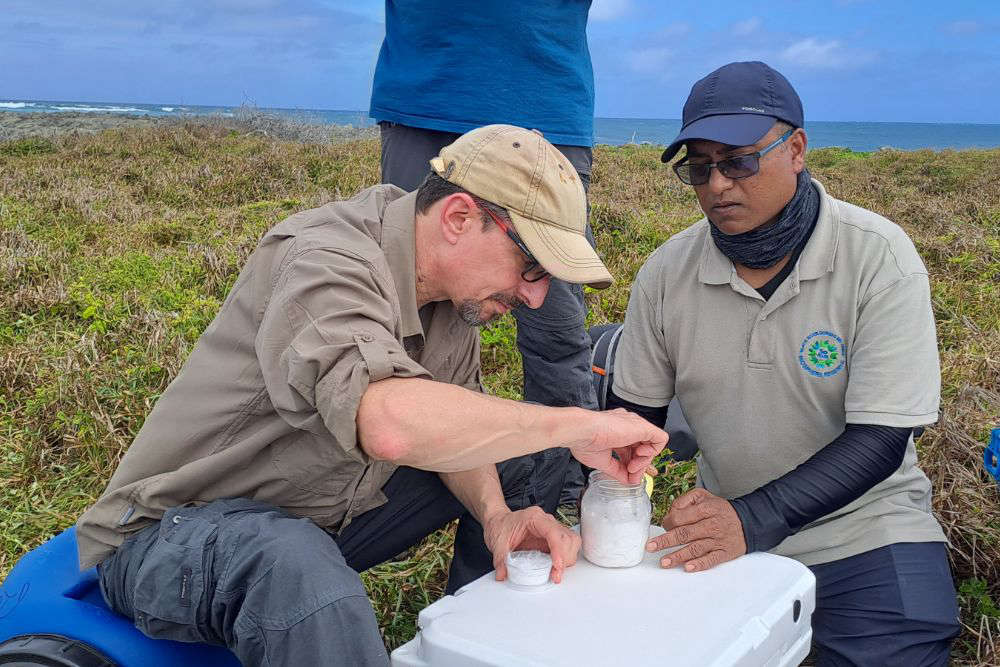
57 gecko eggs bred at Jersey Zoo have been returned to the Mauritian islet of Ilot Vacoas, to avoid another extinction.
The lesser night gecko's eggs, bred at Jersey Zoo, have been returned to the wild.
Durrell rescued the gekkos, along with help from partners, in 2020 when the MV Wakashio tanker ran aground on a coral reef off the coast of Mauritius, causing a 1,000 tonne oil spill.
An emergency rescue was launched, relocating 66 reptiles to Jersey Zoo, including 30 lesser night geckos.
The Jean Boulle Group helped to transfer the animals to form a new ‘assurance population’ under expert care.
57 of their eggs have returned to the Mauritian islet.
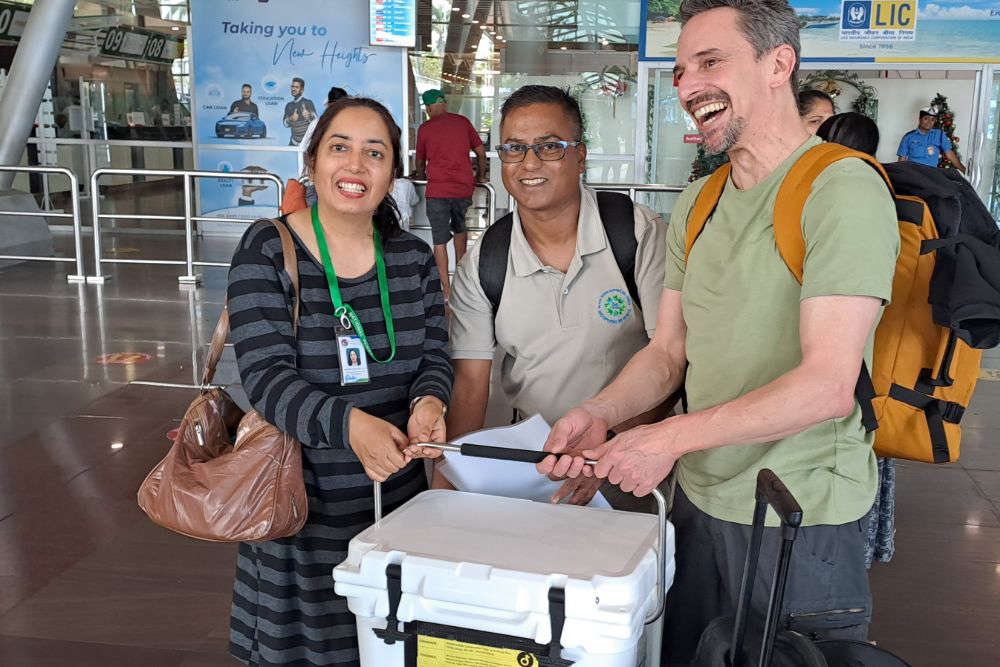 Matt Goetz, Interim Director of Zoo Operations at Jersey Zoo and Curator of Herpetology, managed the team that looked after the geckos at the zoo, with the eggs at the airport.
Matt Goetz, Interim Director of Zoo Operations at Jersey Zoo and Curator of Herpetology, managed the team that looked after the geckos at the zoo, with the eggs at the airport.
The lesser night gecko, found only on four islets, is now listed as Vulnerable on the IUCN Red List. Invasive predators, fire, extreme weather and habitat loss all threaten the species.
DNA analysis of wild geckos on Ilot Vacoas, carried out by Cardiff University using samples from 2021 and 2022, showed that the oil spill had altered the genetic structure of the population.
This reduced the geckos’ ability to adapt to future threats and increased the risk of extinction. By contrast, the geckos in Jersey Zoo retained the pre-spill genetic diversity, providing a vital opportunity to restore what had been lost.
In January 2025, the eggs were returned to Ilot Vacoas in partnership with the Mauritian Wildlife Foundation and the National Parks and Conservation Service.
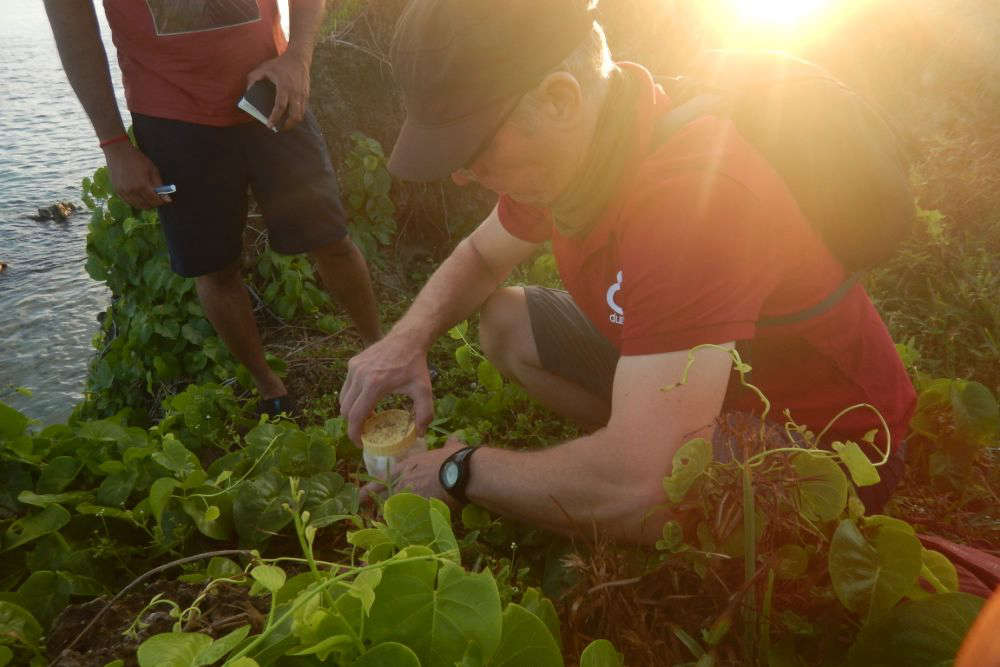
Custom-built egg release units were used to protect them from predators and weather.
Of the 57 eggs, 88% successfully hatched. Durrell now has plans to replicate this translocation on an annual basis at a larger scale, to further safeguard the future of this species.
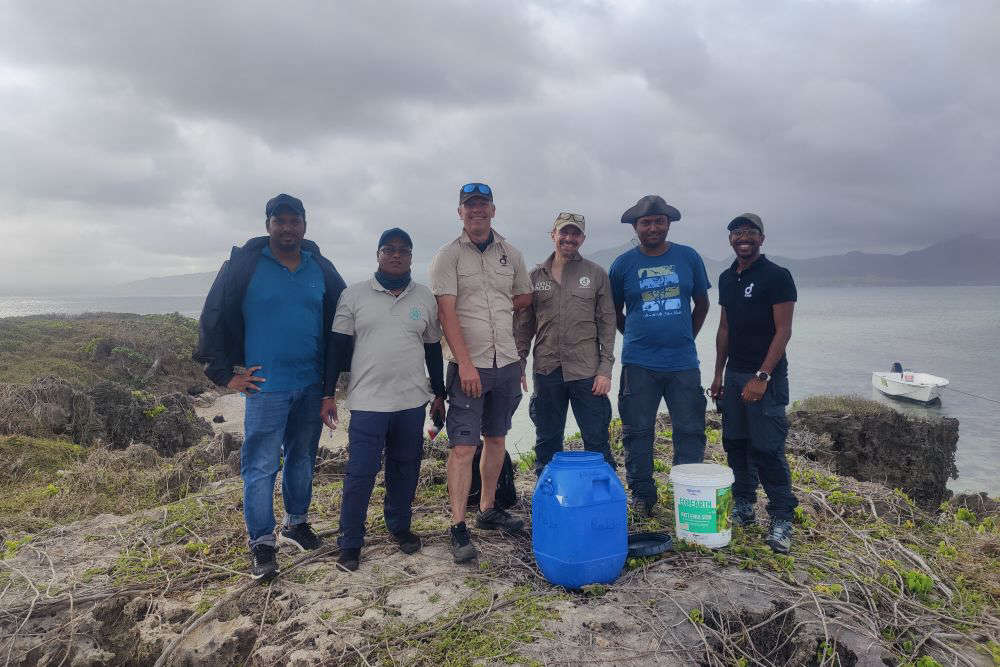 Egg placement team
Egg placement team
Dr Nik Cole, Island Restoration Manager at Durrell, who helped co-ordinate the rescue effort and was part of the team who undertook this successful translocation, says:
"This whole project from start to finish has provided a much-needed lifeline for this precious species.
"Transporting these eggs halfway across the world and having such a high hatching rate is no mean feat.
"For our first repatriation effort, we couldn’t have asked for better results. It’s truly phenomenal."


 Jury finds Shay John Bester guilty of offences including rape
Jury finds Shay John Bester guilty of offences including rape
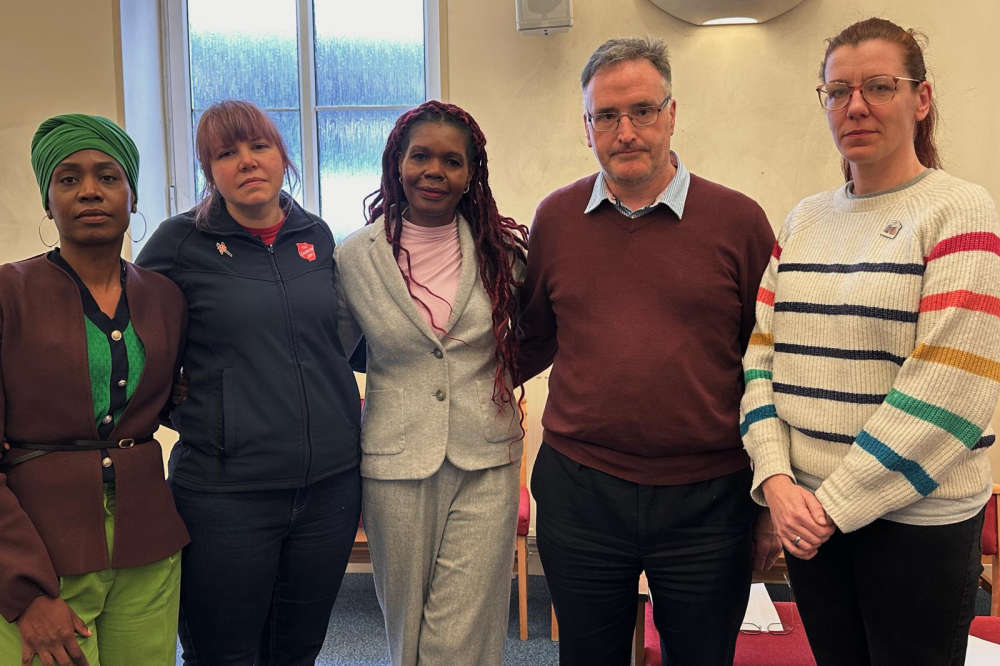 African community groups express 'disappointment' with Deputy Ozouf sentencing
African community groups express 'disappointment' with Deputy Ozouf sentencing
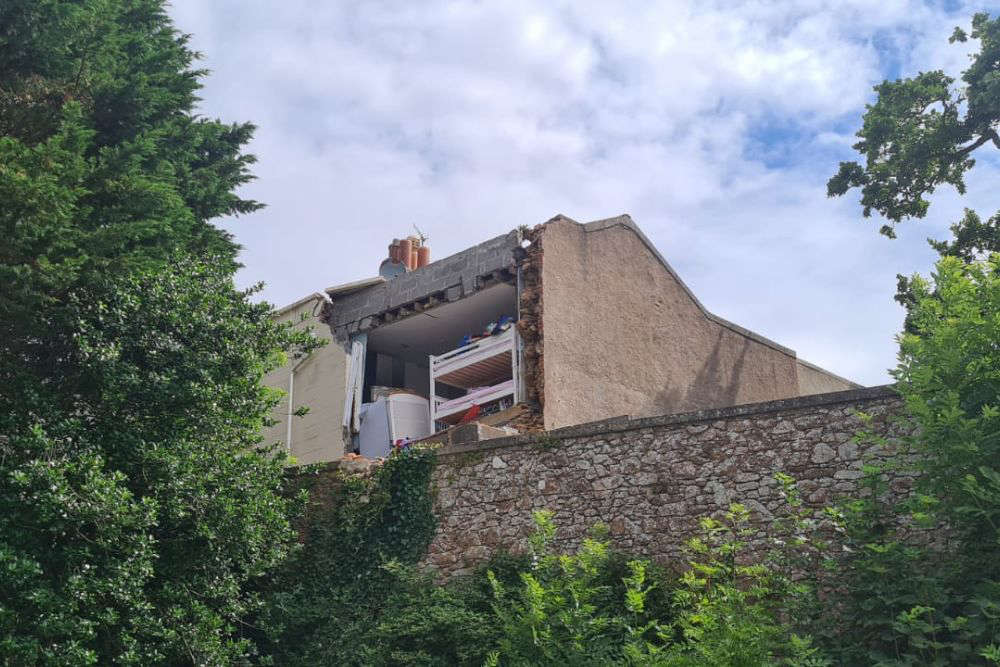 Island Energy to return to Royal Court over Mont Pinel gas explosion
Island Energy to return to Royal Court over Mont Pinel gas explosion
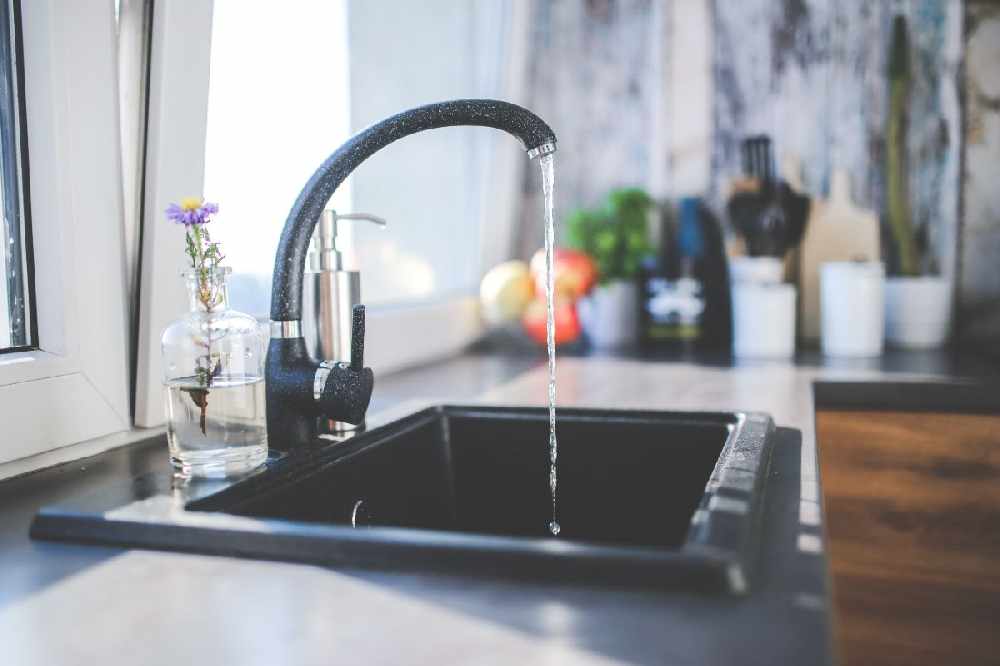 Jersey to introduce legal limit for PFAS in drinking water
Jersey to introduce legal limit for PFAS in drinking water
 Jersey Electricity drops St Martin solar farm idea
Jersey Electricity drops St Martin solar farm idea
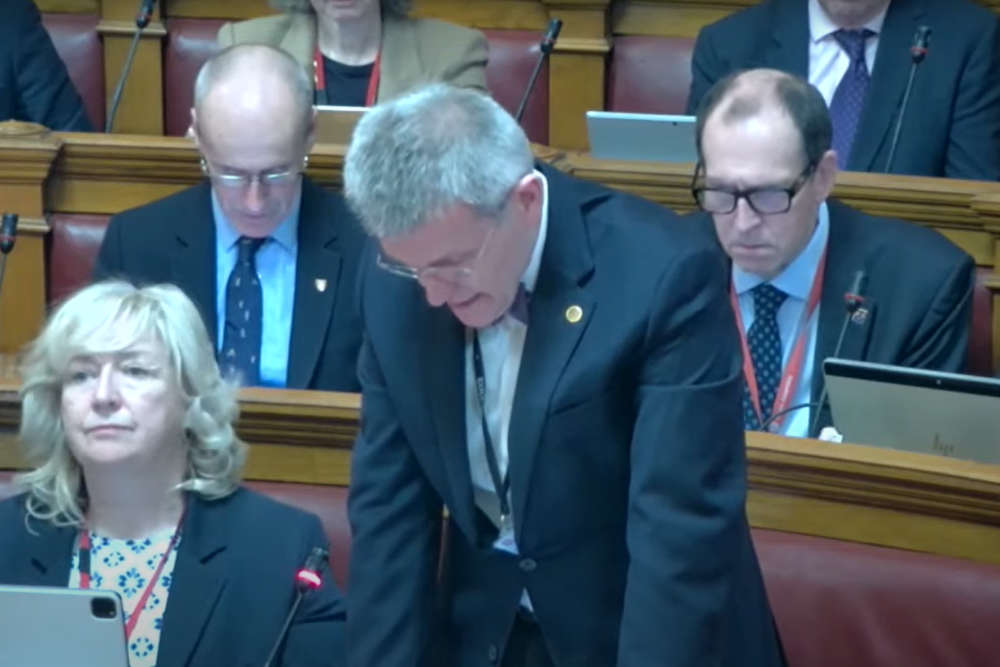 PPC won't move to block Deputy's return to States Assembly
PPC won't move to block Deputy's return to States Assembly
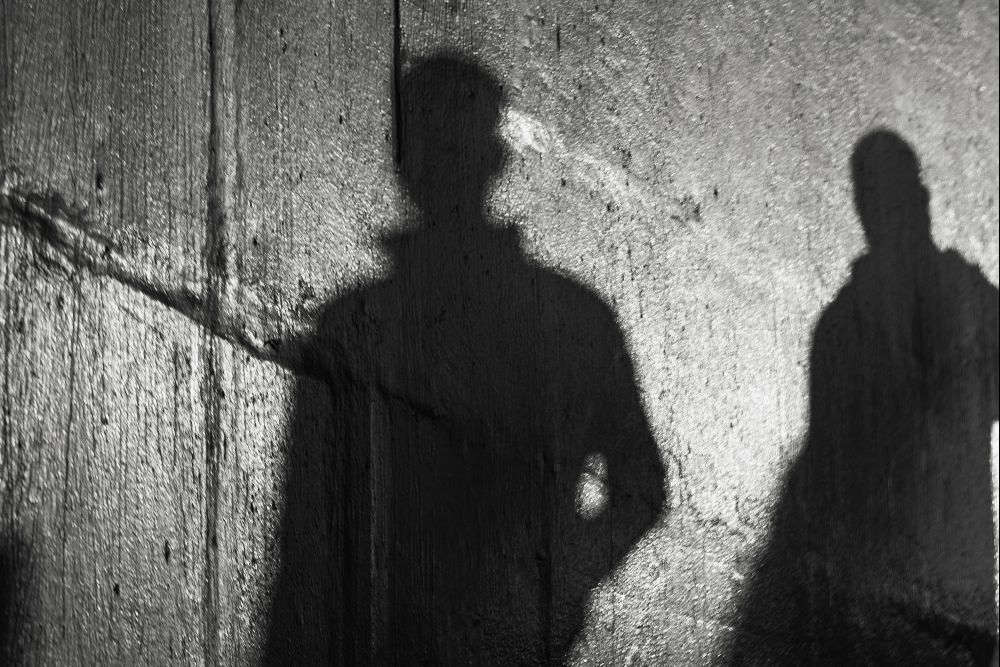 Jersey's next government urged to create laws preventing exploitation of workers
Jersey's next government urged to create laws preventing exploitation of workers
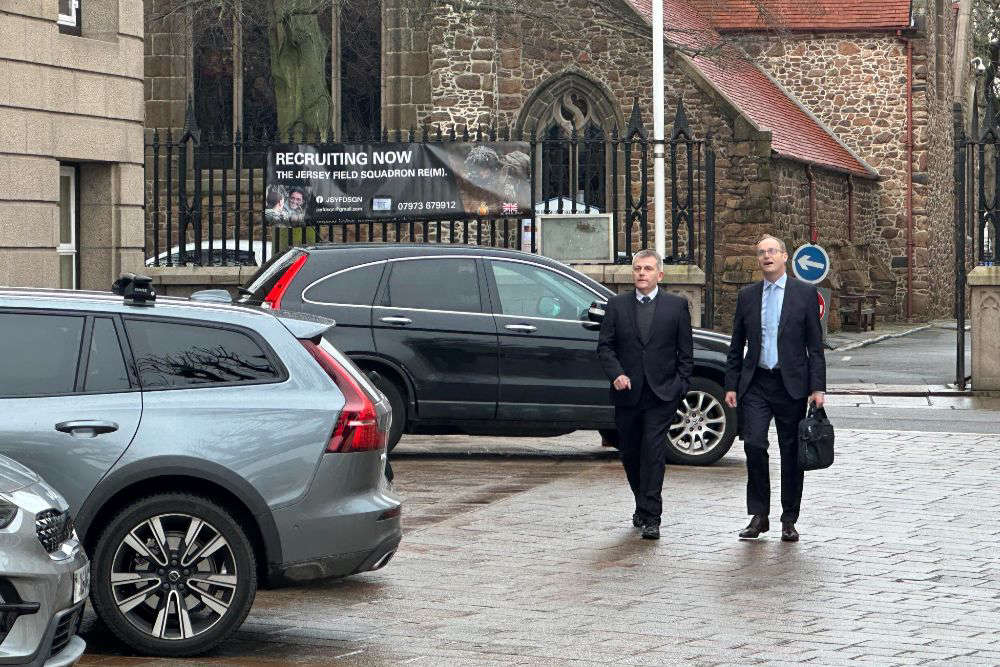 Philip Ozouf sentenced to 120 hours community service
Philip Ozouf sentenced to 120 hours community service




